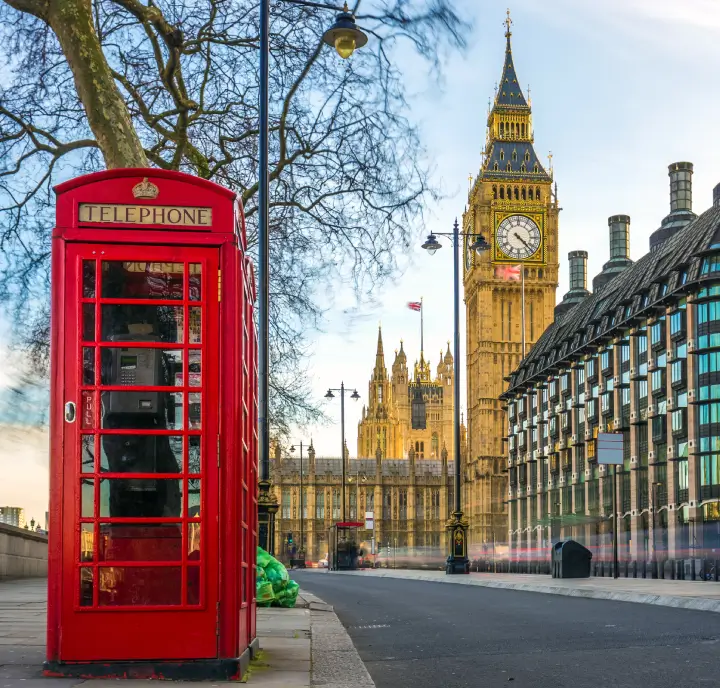Monday - Friday: 9:30am - 5:30pm
What is Parental Alienation?
There is no strict definition of Parental Alienation in English law, but it is generally taken to describe a situation where a child has been deliberately manipulated, coerced or otherwise pressured to align themselves to one parent by the other parent. Usually, the consequence of Parental Alienation is that contact between the alienated parent and… Continue reading What is Parental Alienation?









